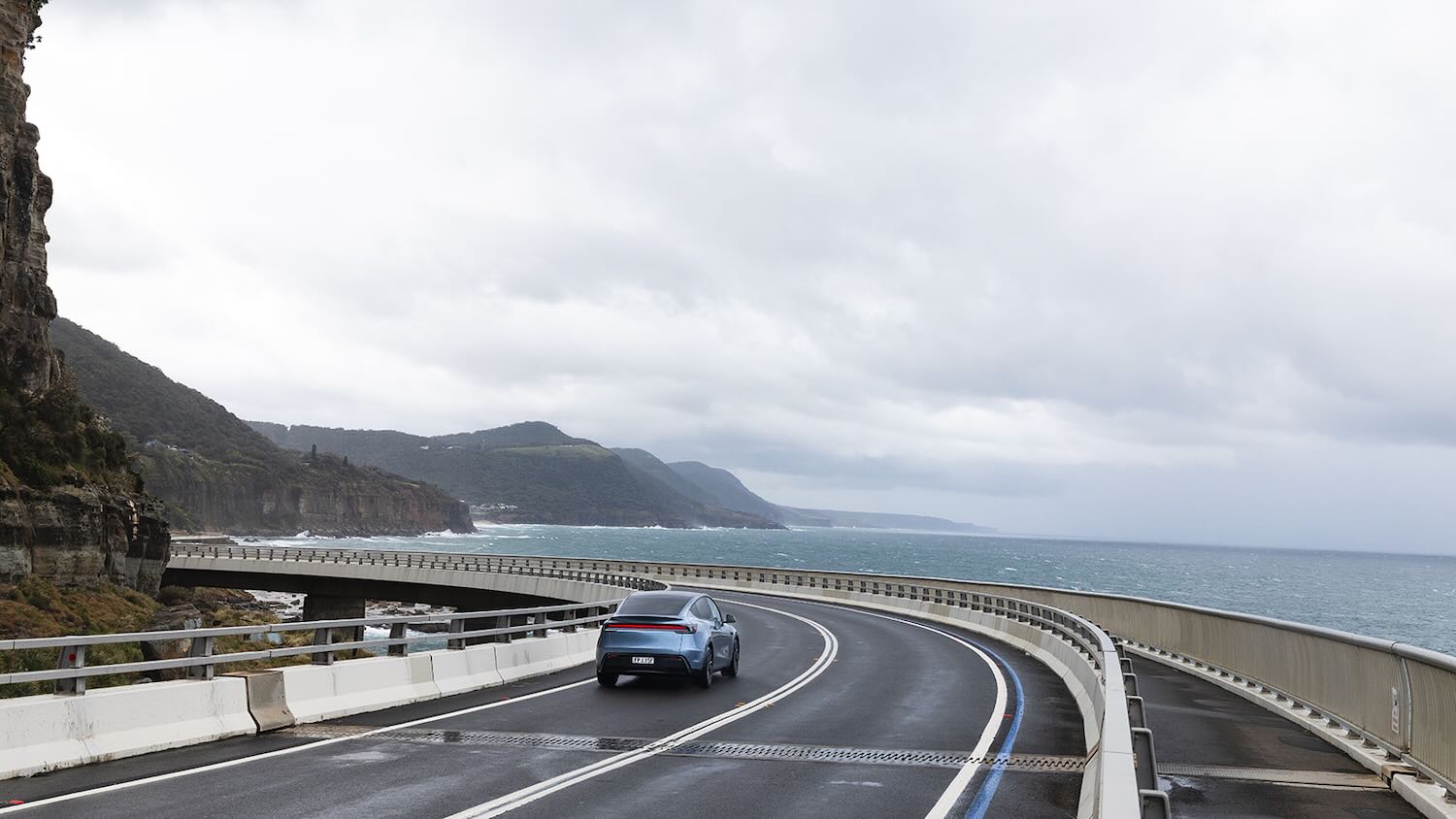The sale of electric vehicles (EVs) took off in September across Europe, led as always by Norway, but also with strong showings in key markets such as the UK, Denmark and Spain.
Norway continues to lead the way for EV adoption, with data from Opplysningsrådet for Veitrafikken (OFV), Norway’s Road Information Traffic Information Council, noting that sales of battery electric vehicles (BEVs) accounted for 98.3 per cent of all new passenger cars sold in September.
That is the highest share ever recorded in a single month. This pushes the overall EV share of new car sales through the first nine months of the year to 95 per cent.
A total of 14,084 EVs were sold in Norway in September, with only 245 other types of passenger vehicle sold for the whole month. Of these, 115 were a type of hybrid electric.
Tesla dominated, with a market share of 34 per cent across all new passenger cars sold in September, followed by Volvo and Volkswagen with 8.7 per cent and 7.9 per cent, respectively.
The Tesla Model Y sold 4,132 units in Norway in September, accounting for 28.8 per cent of all new passenger cars sold.
Numbers published by Mobility Denmark showed 12,992 battery electric sales in the month, accounting for 73.4 per cent of the new car market. Like Norway, the Tesla Model Y was the best-selling passenger car, with 1,995 new registrations for the month.
In the United Kingdom, battery electric cars accounted for 23.3 per cent of new car sales, its best month according to the Society of Motor Manufacturers and Traders (SMMT), which cited including manufacturer discounting, increased choice, and the introduction of the Electric Car Grant.
However, unlike Tesla doesn’t rank in either the top models sold in September or through the first nine months of the year.
Tesla also did not feature prominently in the German market, where BEVs accounted for 19.3 per cent of the new car market, with VW leading and Tesla recording sales of just 3,404 for the month, down nearly 10 per cent from a year ago.
In Spain, according to its Asociación Española de Fabricantes de Automóviles y Camiones (ANFAC), a total of 11,229 new BEVs were registered in September, accounting for a 10.78 per cent market share, while all hybrids accounted for a further 10.53 per cent market share.
In the Netherlands, fully electric cars increased their market share to 37.3 per cent, with hybrids taking home a market share of 48 per cent. Similarly to its regional neighbours, the Tesla Model Y also led the way in the Netherlands, with 1,436 registered in September, the country’s best-selling car for the month.
The share of electrified vehicles in Finland rose to 55.9 per cent in September according to the country’s Automotive Information Center (Autoalan Tiedotuskeskus).
Meanwhile, in France, according to La Plateforme automobile (PFA), the Automotive Platform, BEVs (including hydrogen) accounted for 22 per cent of all cars sold in September, with rechargeable hybrids accounting for only 6 per cent.
In Ireland, BEVs accounted for a 18.39 per cent share of all new cars registered through the first nine months of 2025, with all hybrids accounting for over 37 per cent.
About the only market to see a more lacklustre month was Sweden. According to Mobility Sweden, seven out of ten new passenger car registrations were plug-in cars in September, with BEVs accounting for a 38 per cent share, down 17 per cent compared to September 2024.
Through the first nine months of 2025, BEVs account for a market share of just over 35 per cent, contributing to Mobility Sweden’s decision to lower its forecast for BEV market share in 2025 from 40 to 36 per cent.
Joshua S. Hill is a Melbourne-based journalist who has been writing about climate change, clean technology, and electric vehicles for over 15 years. He has been reporting on electric vehicles and clean technologies for Renew Economy and The Driven since 2012. His preferred mode of transport is his feet.
I agree to the Terms of Use 
I agree to the Terms of Use
Input your search keywords and press Enter.











